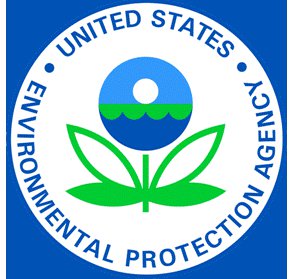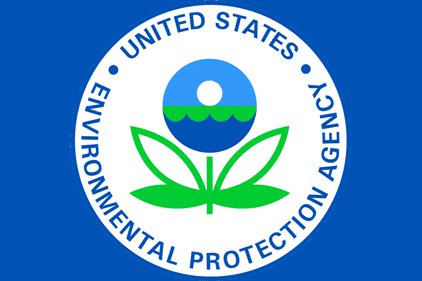 The Obama administration’s withdrawal last week of two pending EPA proposals that would have helped inform the public about potentially dangerous chemicals showed showed that it was catering to the interests of the chemical industry, according to the National Resources Defence Council (NRDC). The group said the move undermines public health efforts.
The Obama administration’s withdrawal last week of two pending EPA proposals that would have helped inform the public about potentially dangerous chemicals showed showed that it was catering to the interests of the chemical industry, according to the National Resources Defence Council (NRDC). The group said the move undermines public health efforts.
One proposal would have listed bisphenol A (BPA), eight phthalates, and a class of flame retardants known as PBDEs (polybrominated diphenyl ethers)—as “chemicals of concern.” The other would have made it harder for chemical companies to claim health and safety studies of new chemicals as confidential business information to shield them from public scrutiny.
Stifling public debate
“The White House is catering to the interests of Dow, BASF, Exxon and other chemical manufacturers, and failing to protect the health of the American people,” said Daniel Rosenberg, senior attorney in the public health program at the NRDC.
“They are keeping information secret and stifling public debate on toxic chemicals the American people are widely exposed to now, and may endanger children’s health and the environment. Also, the White House blocked EPA’s efforts to help the public learn about new chemicals that raise health and environmental concerns.”
Proposals unnecessary
The American Chemistry Council (ACC) said it supported the decision to withdraw the proposals.
“The proposals were rendered unnecessary when EPA wisely chose to adopt a better approach for prioritizing chemicals and reviewing claims for confidential chemical information under TSCA,” the ACC said in a statement.
“In the 37 years since TSCA was enacted, EPA never employed its authority under section 5(b)(4) to identify chemicals requiring additional review. In 2012, EPA identified 83 substances in its new Work Plan Chemicals initiative. Under that program, EPA has not only identified priorities for review, it has completed risk assessments on five substances. Assessments on an additional 23 chemicals are already underway. Therefore, the Work Plan Chemicals initiative has made the section 5(b)(4) proposal unnecessary.”


